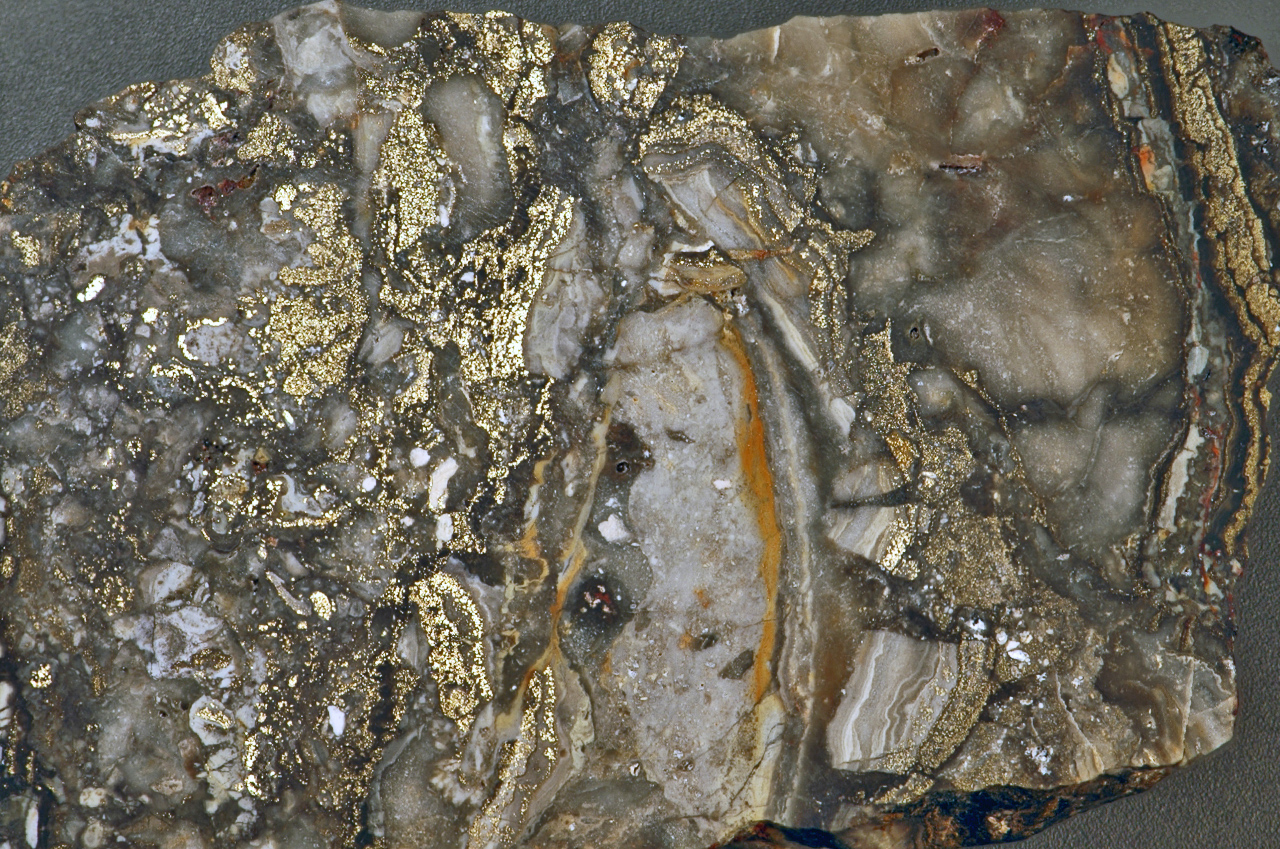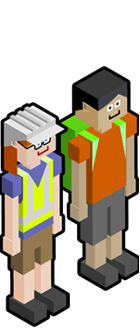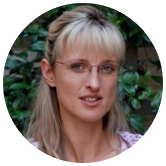

Remote Sensing Mineral & Ore
deposits
deposits

Ania
Job title: Remote Sensing Geologist (South Africa)
What are your qualifications?
Matriculated in 1988 in Warsaw, Poland.BSc Geology from the University of Witwatersrand, Johannesburg.
BSc Honours in Geology with Environmental Specialisation from the University of Witwatersrand.
What exactly does a divisional geologist do?
My work as a remote sensing and spectral geologist involves processing and interpretation of remotely acquired data, ranging from satellite to airborne sensors. I have also been extensively involved in in-house software algorithms development for a range of scanner data. Image processing forms important part of my work to provide best ways to extract information from the multidisciplinary data sets. In the process of spectral processing and interpretation, data validation and analysis are often applied in the iterative process till the high accuracy results are generated. The information is then provided to the various business operations, be it for gold, diamond, or platinum, where it is used by geologists for field verification, which is of the most importance. Further, they feedback can influence processing methodologies that are applied for digital data extraction.Apart from formal qualifications, what other skills or characteristics do you need?
Self motivation, drive and focus as well as ability to challenge yourself and others in the light of technology developments and its applications to aid value to the operations. An innovative approach to processing data and information extraction of is very important. It is necessary to be diligent and thorough especially when analysing and interpreting spectral data.What sort of organisation do you work for? Who else employs Geologists?
I’m currently employed by a diversified mining and resources company and work for its Geosciences Resource Group, which employs numerous geoscientists in various fields of geology and geophysics. I work for a small team that focuses on spectral geology and remote sensing projects.If this wasn’t your first job after your studies, what did you do in between?
I have been previously based at the Oberholzer Geological Centre as Remote Sensing Expert. Prior to my appointment, I had to complete a two-year training for postgraduate geologists, which involved work at various mining operations. At the end of training, I was assigned as a geologist to the Greenside Colliery at which I had to provide day to day open-pit and underground visits and mapping, overseeing of the drilling program for the extension of the open pit at the New Clydesdale Colliery, and core logging. My work also involved environmental monitoring. The training provided me with an excellent insight into to the exploration and mining aspects of a large mining company.Do you travel within the UK or overseas very much?
I have not travelled to the UK yet, and the overseas trips are not frequent enough to obtain even broader exposure to the technological developments and future directions in the field of both spectral geology and image processing.Do you work a regular length day/week or are shifts involved?
My work is based on a regular day/week format. However, it is project-based and often it requires a full-time involvement, be it a weekend and longer weekday hours.What do you enjoy about your job?
I would say I enjoy and thrive on the challenging character of my work and ability to work with high class specialists.What advice or extra information do you wish you’d had before starting this career?
I think I was fortunate enough to direct my career development from early on, influenced by a geological family background. I would have liked to have more formal remote sensing training at university, which was not then available in South Africa.What position would you like to hold in five years' time?
I would like to see myself working as a specialist in the field of image processing and spectral geology on a broad basis; managing data resources; providing direct advice and overseeing adequate data applications and usage.Background Image: High-grade gold ore from Slumbering Hills, Nevada. Credit: James St. John, Wikimedia